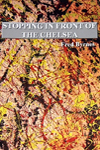
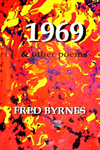
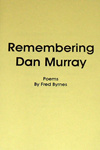
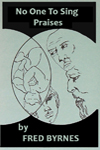
 |
 |
 |
 |
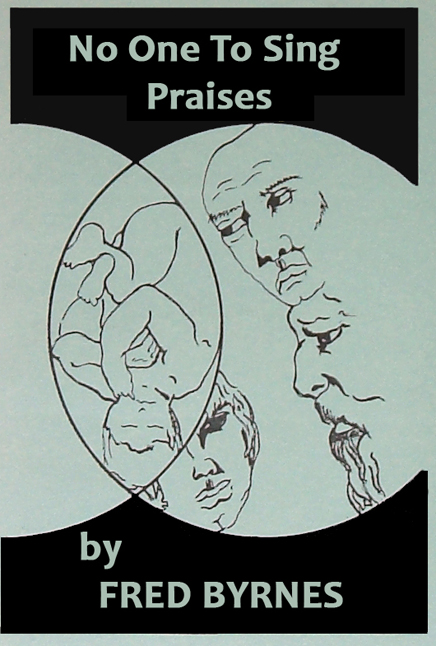 |
No One to Sing Praises
Poems in this book strike me square between the ears. Here are the words of people others may think are only characters in some story. These people are real. Byrnes has talked with and listened to them. He still walks with them - their shadows touch...often everything is lit just right in night's eerie mercury lamplight. In the poet's traditional task of providing speech for the voice-less, unaided by overt devices, Fred Byrnes delivers their voices, precise and honest. Some of these poems spring from the primal banks of a couple of Long Island rivers, changed by change as much as the village streets. Other poems, concerned with a moving towards love, lure us with a whiffing of love's scent (ala Bukowski). Byrnes keeps from groveling in that mire of romance with the hard facts...and goes on from there into what night he cultivates. I like poems that show me a scene I've not seen, or that provide me a tilt I'd not looked with. Poems that say what they want to say clearly. Byrnes' music, timed by speech, is the narrative beat. The music matches the motions of his moods, horizontally as we serve witness, eyes and ears registering a poet's interaction with his place in time. His stance can be deceptive. His jabs, often light, might fool us, sucker us in. He keeps a ready guard though. Ready with a solid left for the know-it-alls. Byrnes' anger is tempered by boxer-ethics, holding the knockout punch for the title-bout. JJuxtaposing the mundane daily doings with tragedy and highfaluting romance seem to be part of our times. Mixing such highs and lows of popular culture, Fred Byrnes puts us readers through the paces as he slouches down the janitored halls towards a college degree. |